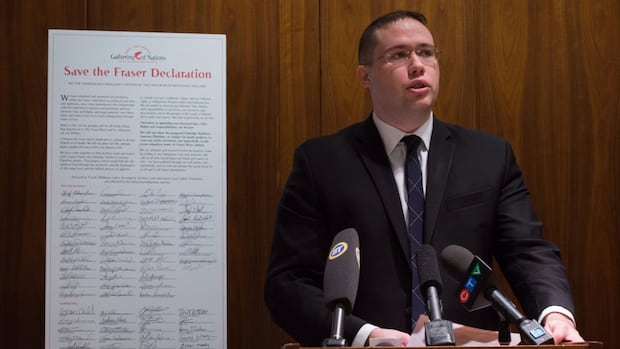UPDATE — Sept. 2, 2025: Public sector workers in British Columbia initiated picket lines in three cities after the strike deadline passed.
A portion of British Columbia’s 34,000 public employees will commence job action on Tuesday, with specific details being kept confidential. This action follows a 92.7% strike approval by the British Columbia General Employees’ Union (BCGEU) last week.
BCGEU’s president, Paul Finch, refrained from disclosing which workers would participate in the strike but emphasized the importance of respecting picket lines. Workers potentially involved in the job action include wildland firefighters, social workers, correctional officers, sheriffs, administrative professionals, conservation officers, court employees, and scientists, among others.
Despite announcing the strike plan last Friday, the union has not engaged in negotiations with the province. Finch indicated the union’s willingness to negotiate, highlighting the demand for increased wages to counter the escalating living costs and to provide remote work options. He noted that BCGEU members earn 2.7% below the provincial average wage, with 22% holding additional jobs to meet financial needs.
Labour Minister Jennifer Whiteside refrained from discussing the dispute specifics, emphasizing the importance of resolving issues through bargaining. Whiteside affirmed the government’s support for workers’ rights to strike and engage in collective bargaining.
While workers seek wage adjustments, Justin Wiltshire, an assistant professor of economics at the University of Victoria, acknowledged the financial challenges faced by the province due to rapid public sector growth. He suggested that substantial wage hikes might not be feasible and proposed potential solutions such as tax increases, albeit acknowledging the added strain on residents.
Wiltshire speculated that a prolonged strike might not yield significant gains, while a brief strike could result in marginal benefits for the union. He recommended the government consider concessions on workforce reductions but acknowledged the political sensitivity of such decisions.
Paul Finch assured that any disruptions to essential services would only occur at specific sites after a 72-hour notice period.



